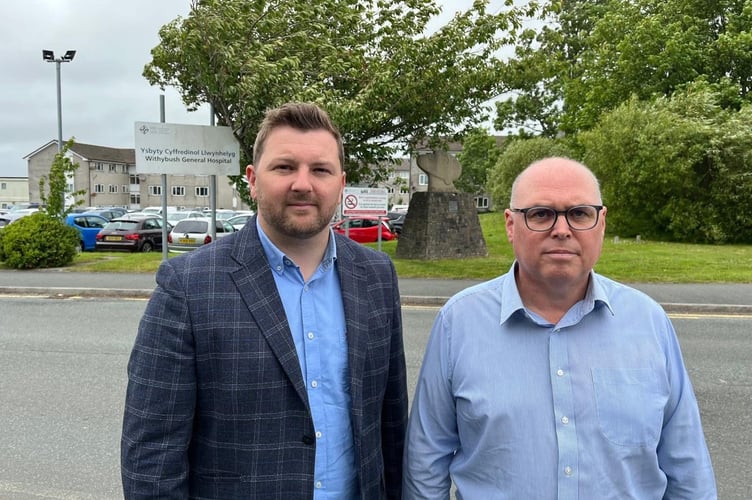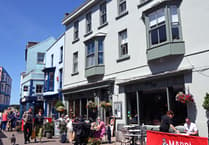The Senedd has voted to give local councils the choice to introduce a small visitor levy on overnight stays to raise and reinvest vital funding into local tourism.
The landmark law – the Visitor Accommodation (Register and Levy) Etc. (Wales) Bill – establishes the first local tax designed and legislated for in Wales.
Councils will now have the option to introduce a levy [referred to as some as a ‘tourism tax’] on overnight stays, which will raise money which can be re-invested in tourism-related expenses – such as improving toilets, footpaths, beaches, visitor centres and activities.
Finance Secretary Mark Drakeford said following the vote on July 8: “Visitor levies are used successfully all over the world. They ensure the pressures and opportunities tourism bring are balanced fairly between visitors and residents. We want the same for Wales.
“The levy is a small contribution that will make a big difference to our communities, helping to maintain and enhance the very attractions and services that make Wales such a wonderful place to visit and live.
“By voting to back this measure, Wales is joining many other worldwide destinations which already benefit from similar levies.”
Key elements of the Bill include:
- Giving local authorities the choice to introduce a visitor levy in their area, but only after consulting with their local communities.
- Ensuring all funds raised are retained and reinvested back into the local area to support tourism.
- The levy is set at 75p per person per night for adults staying in hostels and campsites and at £1.30 per person per night for all visitors staying in other types of accommodation.
- Under 18s are exempt from paying the levy when staying in hostels or campsites.
- 2027 is the earliest possible introduction date.
The Bill also introduces a national statutory register for all visitor accommodation providers in Wales. It will be free to join and will provide valuable data and insight about the size and scale of the sector across Wales.
The register will support ongoing policy development and decision-making at all levels of government. It will also ensure that the public are better informed about how property is being used in their areas.
The Welsh Government is investing heavily in tourism, including a £50m Wales Tourism Investment Fund and dedicated funding for weather-proofing grants.
Pembrokeshire politicians and Conservative Senedd Members Paul Davies and Samuel Kurtz have condemned the Welsh Government’s controversial Visitor levy.
Mr Davies said: “Operators in Pembrokeshire have made it very clear that they do not support this policy and yet the Welsh Government has ignored the concerns of our tourism industry and pushed ahead with a Bill that risks damaging one of Wales’ most important economic sectors.”
“Tourism is a huge part of the Pembrokeshire economy, and the sector has had a turbulent few years – facing additional regulations, thresholds and now this levy. The Welsh Government should be focussing on removing burdens and helping the industry build back post-Covid, rather than finding ways to squeeze the sector more.”

Mr Kurtz added: “Tourism businesses are the beating heart of our local economy, but instead of backing them, Labour do what Labour do best and decide to clobber them with yet another tax.
“An additional £1.30 nightly charge might sound small to out-of-touch politicians in Cardiff Bay, but on the ground, it will make Wales less competitive, deter visitors, and put jobs at risk.
“You just can’t compare Wales to cities such as Barcelona or Venice who have introduced a tourism tax. Our tourism industry is less mature that these cities, and Venice have introduced the tax to actively deter visitors.
“Welsh Ministers should be concentrating on extending the visitor season, increasing the number of overseas visitors to Wales, and showcasing what we have to offer. Instead, they choose doom, gloom and extra tax.”





Comments
This article has no comments yet. Be the first to leave a comment.